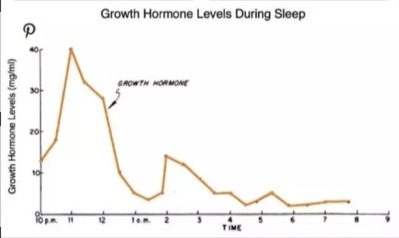In order to be more available to our patients, we now use Spruce as our main form of communication.
Existing patients should direct their questions to the Spruce app for the most timely response.
The Element Minute
Join us here for brief, timely information based on questions our patients have asked.
Tired of Being Tired?
March 1, 2021
March 14-21 is National Sleep Awareness Week.
“The best bridge between despair and hope is a good night’s sleep.” — E. Joseph Cossman
In November, in I Am So Tired, I wrote about a spiritual and emotional kind of tired. The differences to physical fatigue are subtle but interconnected. We are better able to cope with mental and emotional stress if we’ve had deep, restorative sleep. My patients tell me that 9:00 pm to midnight is their time to be alone, binge on Netflix or get tasks done that didn’t get done during the day.
The problem with this plan is that while we sleep, Human growth hormone (GH) is released. The largest pulse is released before midnight while the smaller pulses occur early in the morning. GH is so vital because it is a substance that controls our body’s growth and repair. GH increases muscle mass, decreases body fat, and helps control the body’s metabolism – the process by which cells change food into energy and make other substances that the body needs.

Ways you can optimize sleep are:
- Keep your bedroom cool, comfortable, and well-ventilated.
- Try and read a book before going to bed.
- No caffeine after 3:00 pm.
- Shut down screens an hour or two prior to bedtime.
When, what and how much you eat can also affect how well you sleep:
The gut has a basic rhythmicity depending on what microbiota are feeding at the time. Bacteria that feed on fiber (found in plant sources) grow at night as food residues reach the colon and can consolidate the circadian rhythm by increasing gut microbiota diversity. Conversely, alcohol and fast-food consumption at night lead to a disruption of gut microbiota rhythmicity which may lead to intestinal inflammation and an increased risk of certain colorectal cancers.
There are other processes in the gut that occur while we sleep, converting the foods we consume to serotonin and increasing production of melatonin. Studies have shown that ingesting probiotics may help increase melatonin secretion and sleeping quality, opening a door for the future use of probiotics for sleep regulation and health.
Top GH inhibiting foods you want to avoid close to bedtime:
- Sugar
- Alcohol
- Caffeine
- Prepackaged meals
- Acidic foods
- Bread and Other Carbohydrates
- Protein
- Spicy Foods
There are many more healthy alternatives to using medications for sleep. If you’re struggling with getting high quality, deep, restorative sleep, it is a great time to reach out for help to customize a plan to reestablish your hope and your ability to cope with mental and emotional stress.
Categories: All Posts